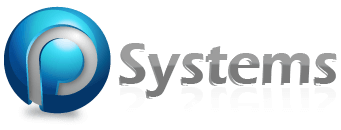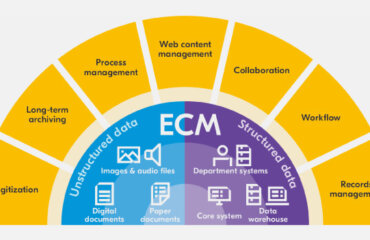
In the dynamic world of healthcare, technology plays a pivotal role in enhancing operational efficiency and delivering quality patient care. Medical insurance companies, which stand at the crossroads of healthcare and finance, have embraced software solutions to streamline their processes, manage claims, and offer seamless experiences to their clients. This blog article dives deep into the essential requirements for medical insurance software that empower these companies to navigate the complex landscape of medical insurance administration with finesse.
- Comprehensive Claims Management:
A robust medical insurance software must provide end-to-end claims management capabilities. From submission and validation to adjudication and reimbursement, the software should automate these processes to minimize errors, reduce administrative overhead, and expedite claims processing. An intuitive interface that facilitates easy claim submission for both healthcare providers and policyholders is crucial.
- Policy and Enrollment Management:
Efficient policy and enrollment management features are paramount. The software should enable insurers to create, modify, and manage policies seamlessly. It should also allow for easy enrollment, with provisions for real-time eligibility verification and the ability to offer multiple coverage options. Additionally, a user-friendly portal for policyholders to view and update their information is essential.
- Integration with Healthcare Providers:
Interoperability with healthcare providers’ systems is critical for accurate data exchange. The software should support integrations with electronic health records (EHR) and medical billing systems to ensure seamless information sharing. This integration streamlines the claims process and enhances the accuracy of claims data.
- Regulatory Compliance:
Medical insurance is a highly regulated industry, and adherence to industry standards and regulations is non-negotiable. The software must support compliance with HIPAA (Health Insurance Portability and Accountability Act) and other relevant data security and privacy regulations. It should also facilitate the generation of compliant reports and documentation.
- Claims Analytics and Reporting:
Insurers rely on data insights to make informed decisions. An effective medical insurance software should offer advanced analytics tools to generate reports on claims trends, reimbursement patterns, and other key metrics. These insights help in identifying fraud, improving operational efficiency, and enhancing overall performance.
- Fraud Detection and Prevention:
Fraudulent claims can significantly impact an insurance company’s bottom line. The software should incorporate sophisticated fraud detection algorithms to identify anomalies and patterns indicative of fraudulent activities. Real-time alerts and reporting mechanisms are crucial for prompt action.
- Customer Relationship Management (CRM):
A CRM module within the software can enhance customer interactions. Insurers can track communications, manage customer inquiries, and provide personalized assistance. A unified view of each policyholder’s interactions allows for better customer service.
- Mobile Accessibility:
In today’s mobile-driven world, offering a mobile app or a responsive web portal is essential. Policyholders should be able to access their policy details, submit claims, and receive updates through their mobile devices. Mobile accessibility enhances convenience and engagement.
- Scalability and Customization:
Medical insurance companies often deal with varying scales of operations. The software should be scalable to accommodate growth and changing needs. Furthermore, the ability to customize workflows, forms, and rules ensures that the software aligns with the insurer’s unique processes.
- Data Security and Backup:
Security breaches can have severe consequences in the medical insurance domain. The software should employ robust encryption, access controls, and data backup mechanisms to safeguard sensitive information. Regular security audits are essential to identify vulnerabilities.
Medical insurance software stands as a cornerstone of operational efficiency, accurate claims processing, and improved customer experiences for insurance companies in the healthcare sector. By meeting the comprehensive requirements outlined above, medical insurance software empowers these companies to navigate the complex landscape with confidence, ensuring compliance, accuracy, and optimal service delivery in an ever-evolving industry.




